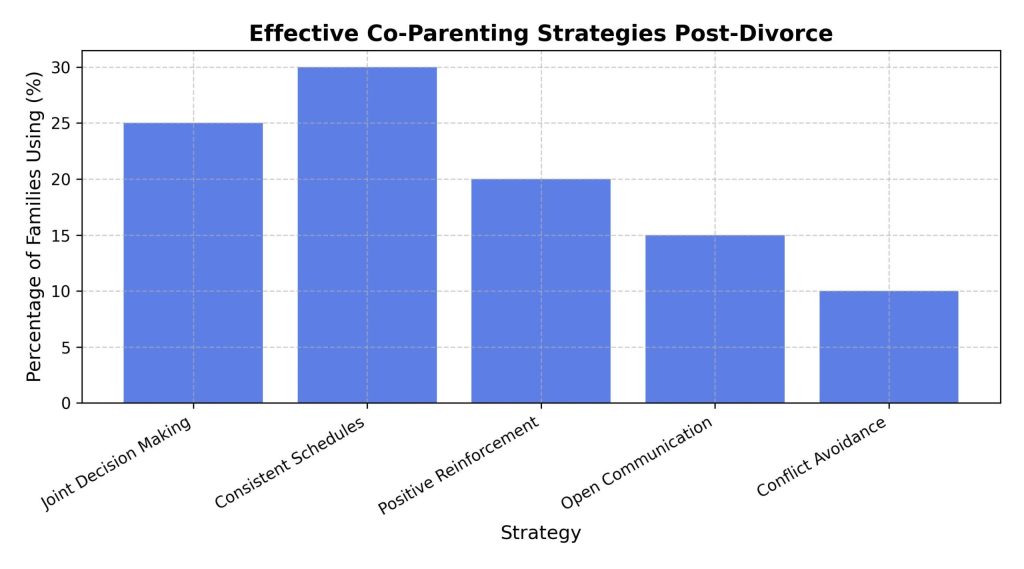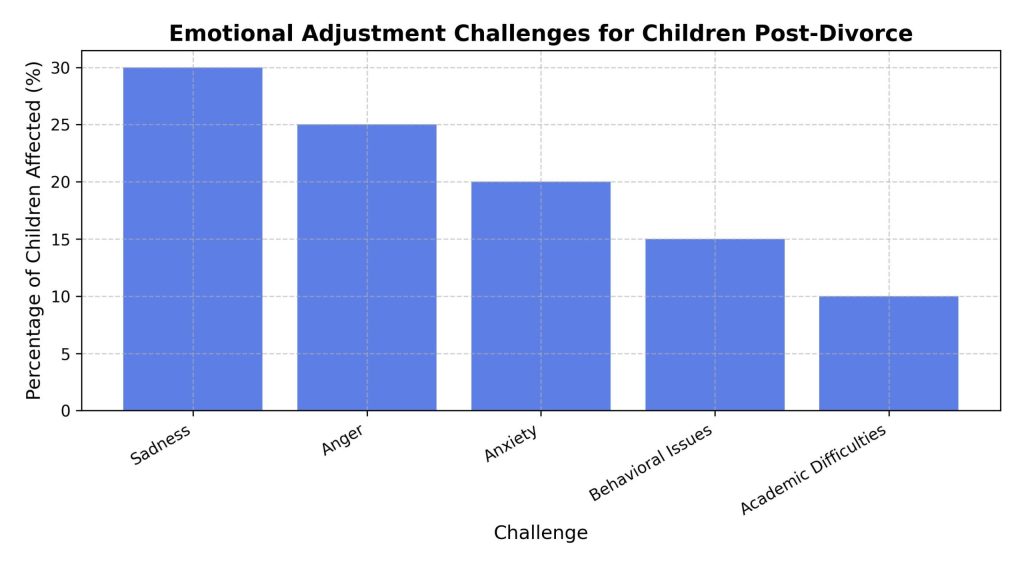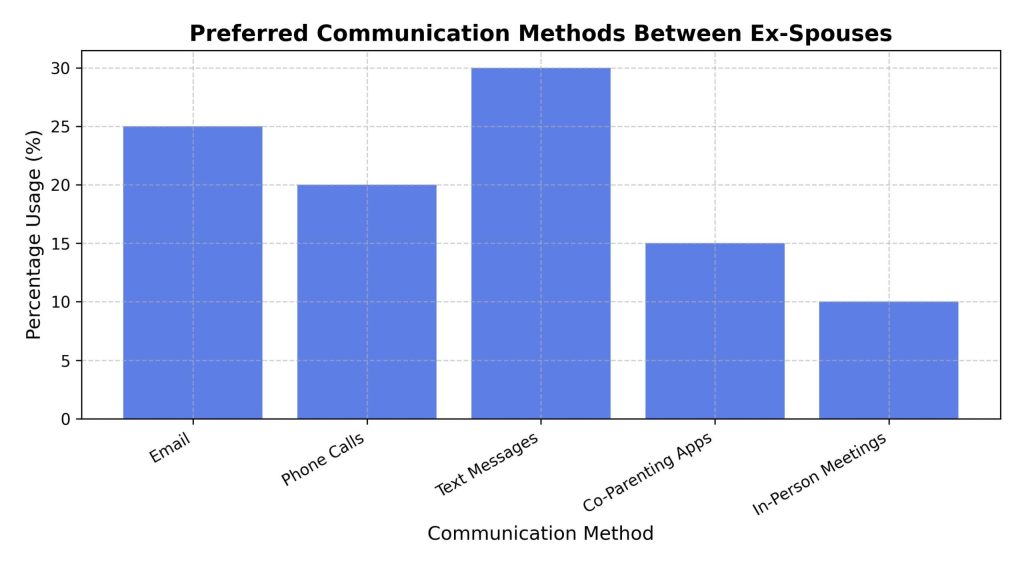Learning to Live as a Family Post-Divorce: A Guide to Balance
According to “The Co-Parenting Handbook” by Karen Bonnell, balance in family life after divorce involves clear communication, steady routines, and mutual respect. Successful co-parenting requires parents to focus on children’s needs, handle emotions, and set healthy boundaries. Another thing that makes it kind of weird is, prioritizing children’s happiness while keeping stability helps create a supportive environment.
If we’re keeping it real, balancing life after a divorce is important for everyone’s peace of mind. Many see this change as a chance to improve family life, and that sorta adds up but, adjusting to new roles can be tough and stressful for some members. You might worry about keeping things stable for the kids, which makes sense, given that it’s natural to want a calm home where everyone gets along. Or perhaps you focus on personal growth and setting new boundaries after such a big change. too much change can be stressful even if it seems positive. Today, I, Elizabeth Burnley, a paralegal, will use my skill to look at how families can find a normal routine and balance after a divorce.
Key Pointers
- Set up clear communication to live smoothly as a family after a divorce.
- Establish consistent routines to help everyone adjust.
- Provide emotional support for children to ensure they feel secure.
- “The Co-Parenting Handbook” by Karen Bonnell suggests focusing on cooperative parenting and keeping mutual respect.
- Create a stable environment by cooperating and respecting each other.
- Balance time between households to meet children’s needs.
- Prioritizing children’s needs helps create a peaceful family atmosphere.
- This approach supports adjustment and reduces stress for all family members.

How Can We Establish Clear Communication Channels After Divorce?
Establish clear communication with your ex like you would with a wild raccoon – be calm, use clear signals, and for goodness’ sake, always maintain a safe distance.
According to specialists in family issues, creating clear communication after divorce includes setting agreed-upon ways like email or texting. Use simple language to avoid confusion. And the thing that makes this even crazier is, setting regular check-ins can help keep steady and positive interactions for co-parenting and other plans.

On the internet, people often discuss establishing clear communication channels after divorce on forums, blogs, and advice columns. Here are some direct quotes from different sources:
In a discussion on Reddit, a user mentioned,
“The key to clear communication after divorce is setting boundaries and sticking to them. It’s important to be respectful and keep conversations focused on essential topics, especially when children are involved.”
A blog post from DivorcedMoms states,
“Using a co-parenting app can significantly reduce misunderstandings. It allows both parties to track schedules, share essential information, and ensures that communication remains professional.”
In a family law blog, an advice column suggests,
“Establish ground rules about communication mediums – whether it’s email, texting, or voice calls. Make sure both parties are comfortable with the chosen method and agree on the importance of politeness and timeliness.”

What Strategies Can Help Maintain Stability and Routine for Children?
Setting fixed times for meals and sleep gives kids a sense of order, while a steady plan for schoolwork and play brings balance, helping them feel safe in their daily lives. I did note about what strategies can help maintain stability and routine for children? at the start, but let me go over it again in more detail now. It is key for parents to consider these ways, as they help build a stable setting that boosts the child’s growth, so I thought I should raise this point.
As mentioned by sources like ChildMind.org, keeping stability and routine for kids involves key methods. And the part that I didn’t see coming is, to create a stable setting, ensure regular bedtimes, set clear rules, and talk openly. Key methods include:
- Set a regular daily plan,
- Create a predictable bedtime routine,
- Use calendars to remind about important events,
- Encourage family meals together, and
- Talk openly about changes.
Consistency provides security and helps kids handle expectations, creating a caring environment.

Might this be a sign of change? People are saying that keeping a set bedtime and regular meals helps kids feel safe. I am noticing that these simple routines give kids something steady to rely on.

Going through a divorce can be tough, but learning to live as a family afterward is important, and that’s where this service can help by simplifying the process. This website offers an easy way to get the legal papers you need to start your divorce without the usual hassle and stress. It provides clear instructions and support, so you can focus on moving forward with your life.
We can also try to think about what strategies can help maintain stability and routine for children? in a little different way. Some people think that sticking to a strict plan is the only way to keep kids happy. But it seems like being flexible and letting kids have a say can be just as good. It might be wise to see how each child reacts to find what works best, in truth.
How Do We Manage New Relationships and Household Forces?
According to trusted sources like the Greater Good Science Center, handling new relationships and home pressures involves talking, mutual respect, and flexibility. To manage these pressures well, consider:
- Talk openly about expectations and limits,
- Respect each other’s space and time,
- Adjust to changes and compromise,
- Build trust and support.
And here’s a fact that’s lowkey insane, creating a positive atmosphere ensures a peaceful home relationship. Start with open and honest conversation. Set clear rules and roles to avoid confusion. Check in often to fix any problems quickly and maintain balance.
The Final Thoughts
In moving through the path of life after divorce, families can find balance and balance by encouraging open talk, mutual respect, and understanding among all members. Though the change can be tough, hope comes in the chance to rebuild and reshape relationships, creating a caring environment for everyone involved. A useful step to take is holding regular family meetings, which can provide a structured space for sharing feelings and solving conflicts. For more advice on keeping healthy family ties, consider reading our article on “Effective Co-Parenting Strategies for a Stronger Family Unit.”







